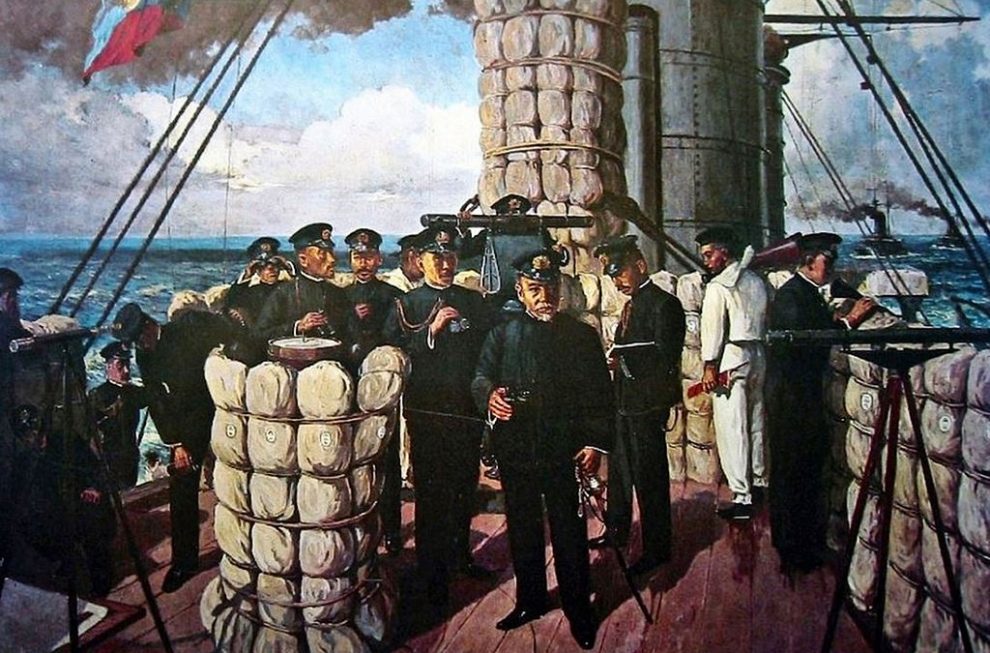
Causes of the War: The primary cause of the Russo-Japanese War was the imperialistic ambitions of both nations. Russia sought to expand its influence in East Asia through the acquisition of warm-water ports and dominance over Korea and Manchuria. Similarly, Japan, in its pursuit of modernization and regional hegemony, aimed to secure its own sphere of influence in Korea and maintain control over its interests in Manchuria. Tensions escalated when negotiations between the two powers failed to resolve their conflicting interests, leading to military confrontation.
Key Events: The war began with a surprise Japanese attack on the Russian naval fleet stationed at Port Arthur on February 8, 1904. The Japanese navy achieved a decisive victory, effectively neutralizing Russia’s Pacific fleet. The following months witnessed intense battles on land and at sea, including the iconic Battle of Tsushima, where the Japanese navy under Admiral Togo dealt a devastating blow to the Russian Baltic Fleet.
Another significant event was the Siege of Port Arthur, a grueling and protracted conflict that lasted for months. Although the Russian forces displayed resilience, the superior tactics and determination of the Japanese ultimately led to the fall of the fortress. The war concluded with the signing of the Treaty of Portsmouth in September 1905, mediated by the United States, which recognized Japan as the dominant power in Korea and granted them control over the southern half of Sakhalin Island.
Consequences: The Russo-Japanese War had far-reaching consequences on various fronts. Firstly, it shattered the myth of European invincibility, as Japan’s victory over a major European power demonstrated the military capabilities of an Asian nation. This significantly impacted global perceptions of Japan and sparked a wave of admiration for Japanese modernization efforts.
The war also had profound implications for regional dynamics. Japan’s rise as a major power in East Asia alarmed other regional powers, leading to a reevaluation of their policies and military strategies. The war acted as a catalyst for modernization and military reforms in China and influenced the subsequent course of events, such as the Chinese Revolution in 1911.
Internationally, the Treaty of Portsmouth played a crucial role in shaping diplomatic relations. It marked the first time an Asian power had negotiated a treaty with a European power on equal terms, highlighting Japan’s emergence as a major player in global affairs. Furthermore, the war heightened tensions between Russia and the Western powers, contributing to the deteriorating international climate that ultimately led to World War I.
Conclusion: The Russo-Japanese War was a transformative event in East Asian history, with profound implications for regional dynamics and international relations. Japan’s victory shattered the perception of European invincibility and positioned the nation as a rising global power. The war’s consequences influenced military strategies, diplomatic relations, and the course of events in the early 20th century. The legacy of the Russo-Japanese War remains a significant chapter in the history of East Asia, representing a turning point that reshaped the balance of power in the region and beyond



















Add Comment